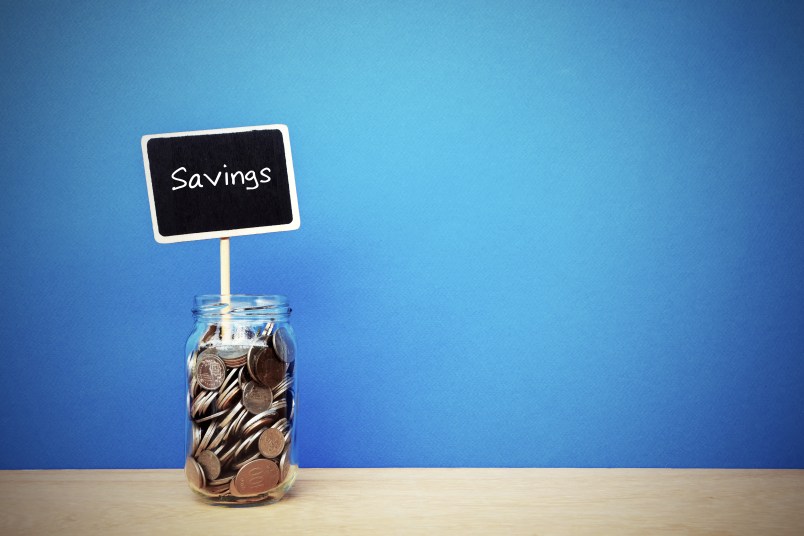5 Diet ‘Rules’ You Should Apply to Your Finances

Statistics testify to the fact that we’re not the best at sticking to New Year’s resolutions – it seems a large percentage of us set goals, but most of us will quit before long. But what if you could target your diet and financial goals with the one resolution? It turns out you can.
Nathalie Spencer, Senior Manager of Behavioral Economics at Commonwealth Bank, explains, “Our weight and our money are similar in at least two ways. With both our money and our weight, we make many little decisions throughout the days and weeks that might not feel like much in the moment, but can add up to a big effect – for better or for worse – over time.”Here are some clever strategies that will help get your body — and your finances — into shape.
Delete food delivery apps.
UBER Eats, Yelp, and GrubHub bring food to your door with almost zero effort on your part but plenty of strain on your hip pocket. Delete them from your phone and you’re less likely to overindulge in a two-large-pizzas-and-garlic-bread meal deal for dinner — and think of all that money you’ll save!It’s a hard habit to break but well worth it.
Stock up.
By shopping for fresh food and keeping plenty of fruit and veg and the makings of a healthy meal in your fridge and pantry, you’ll save money and excess pounds because chances are you won’t resort to ordering last-minute takeaways. Whip up healthy meals at home instead and you’ll be cleaning up your eating and your spending at the same time.
Small steps add up.
When it comes to weight loss, minor day-to-day decisions have a huge impact. Eliminating unhealthy habits like that choc-chip muffin with your coffee will help shave off excess weight over time. Apply that thinking to your savings, too.
You might think that unless you can put away a serious chunk of your income that it’s not worth it. Not so. Even depositing as little as $10 to 20 each pay into a savings account will add up over time.
“Adding even a modest amount consistently over time can really make a difference to your savings. To make this easy, try automating your savings by setting up a recurring direct debit into a savings account,” says Spencer.
Get active.
No weight-loss goal is complete without a workout component, but unless you’re planning to audition for the next Survivor, simply introducing more movement into your day — a walk is better than nothing — is a good start.
“Likewise, actively engaging with your money is important,” advises Spencer. “Having a budget, whether that’s a mathematical formula-loaded spreadsheet or just a mental tally, is linked to higher financial wellbeing. Take the time to get informed about your current financial state, review your bills and entitlements, and give your financial wellbeing the attention it deserves.”
Block it.
The rest of the family will probably complain if you padlock the fridge to stop yourself over-indulging, but you can plan to limit access to processed foods by stocking mainly healthy foods, and making those foods the first thing you see when you open the fridge.
Researchers at Cornell University claim it’s a tactic that works. The same applies to money. “There are ways we can design our lives to help us meet financial goals,” says Spencer. “For example, putting a block or limit on an account to help curb spending is the financial equivalent of putting a lock on the cookie jar. Many banks now have tools to help you set up a money management system that works best for you.”
This article originally appeared on our sister site, Now to Love.
















